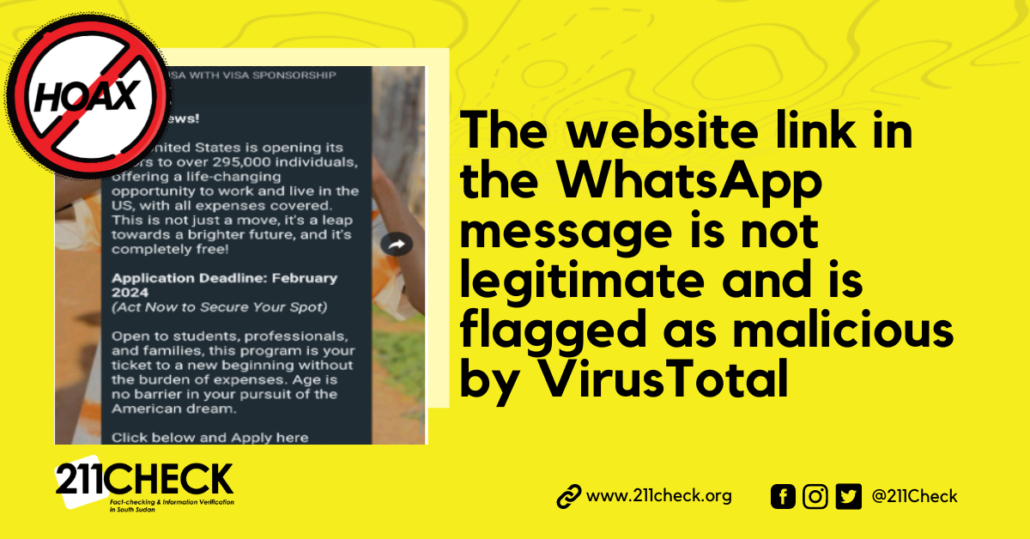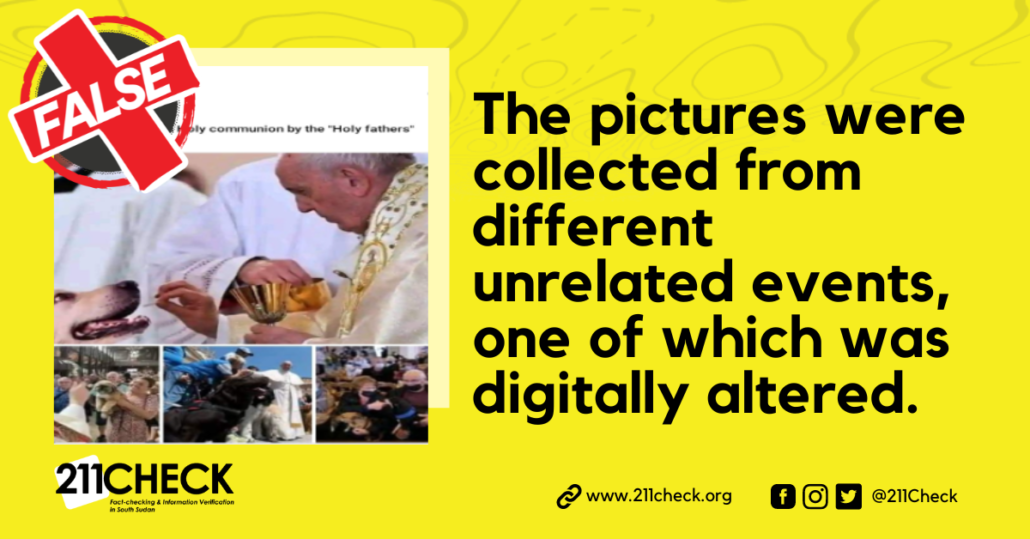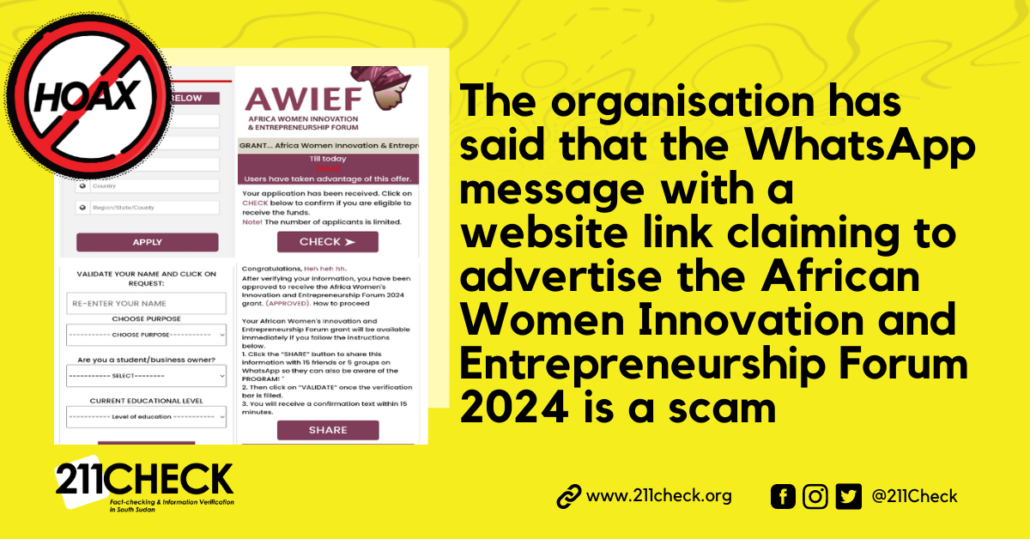Fact-check: The University of Juba isn’t offering free online courses and certifications
The University of Juba, through its official Facebook page, has said the advertisements are fake and urged the public to disregard them.
Writer: Makur Majeng
Recent Facebook advertisement posts that have been circulating claiming to offer free online courses with certification and laptops provided targeting individuals in South Sudan at the University of Juba are, however, false and misleading.
“Latest policies: Enjoy benefits, explore professional online courses, and earn recognised certificates,” reads part of the Facebook advertisement.
The posts promise a free college degree and a 1-month online course at the University of Juba, a renowned educational institution in South Sudan.
Upon clicking the link in the Facebook ad, users are redirected to a website that shows relevant searches.
The screenshots of the Facebook ads post
Claim Verification:
211 Check conducted a keyword search based on the claims made in the advertisement posts. Still, the results did not show any credible sources regarding a subsidy or program offering free online courses and certification at the University of Juba.
We contacted the University of Juba’s official Facebook page, but they dismissed the claims made in the Facebook ad post as bogus and fraudulent.
“Please be aware of the bogus links that appear to impersonate the University of Juba. We do not offer any online certifications or train for online college degrees. Do not open those links; else, you will be misled,” reads the post on the University of Juba’s Official Facebook page.
The screenshot of the University of Juba Facebook post disregarding the claim
Google Chrome browser flagged the website promoted in the ad post as unsecured, which cast further doubt on the resources behind the offer and the ad’s intention.
A WHOIS domain search revealed that the website was registered only on 23rd January 2024 and did not demonstrate affiliation with the University of Juba or its official education offerings.
A screenshot of the Whois information of the impostor domain
Conclusion:
211 Check finds the claim made in numerous Facebook advertisements posted about free online courses with certificates and free laptops in South Sudan false. The University of Juba explicitly stated that they do not offer any online certifications or training for online college degrees, contradicting the claim made in the advertisements.
A publication under 211 Check’s ‘Fact-Check for a Pay’ Initiative with support from the International Fact-Checking Network through the BUILD grant.
To ensure accuracy and transparency, we at 211 Check welcome corrections from our readers. If you spot an error in this article, please request a correction using this form. Our team will review your request and make the necessary corrections immediately, if any.
It’s vital to fight misinformation and disinformation in the media by avoiding fake news. Don’t share content you’re uncertain about. False information can harm and mislead people, risking their lives—Fact-check before sharing. For more details, visit https://211check.org/ or message us on WhatsApp at +211 921 350 435. #FactsMatter

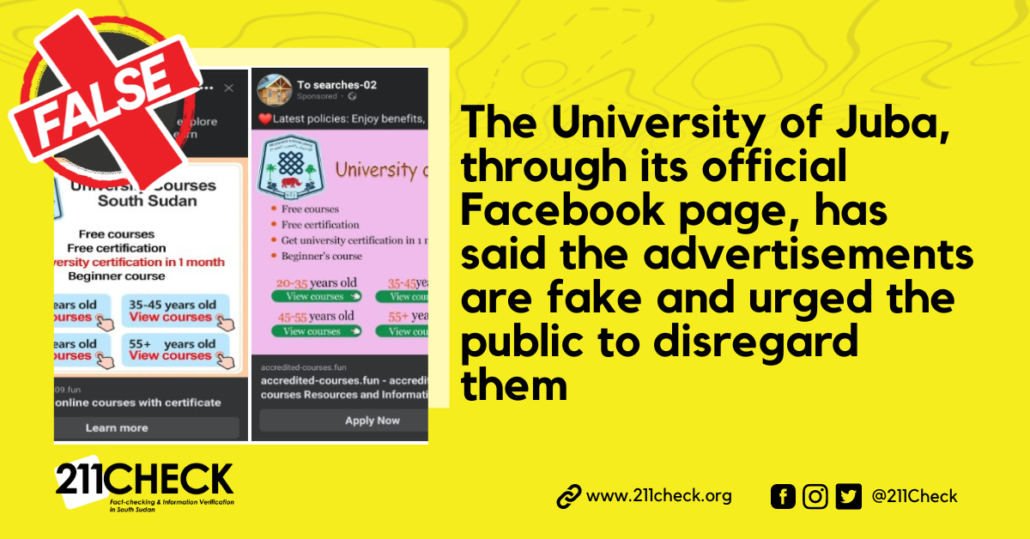
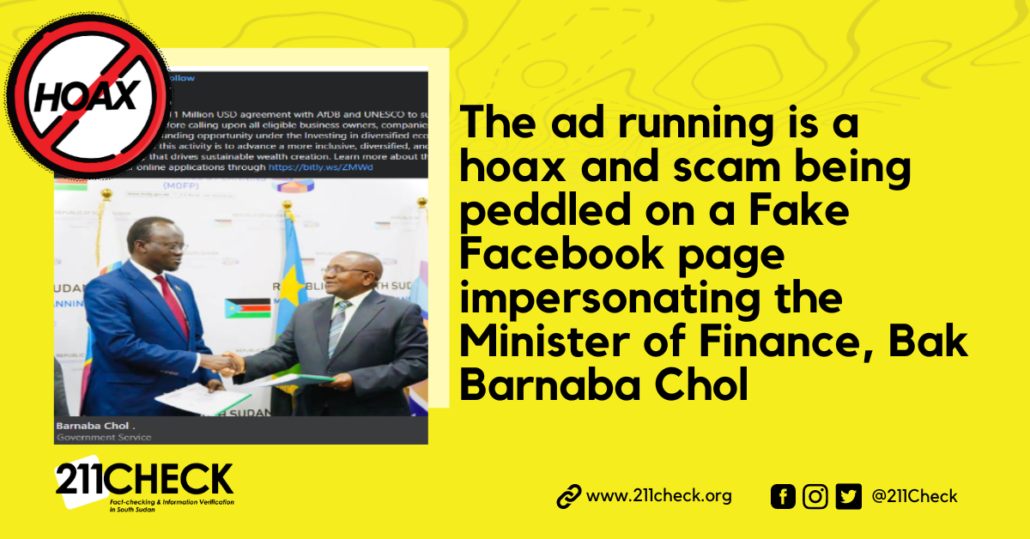
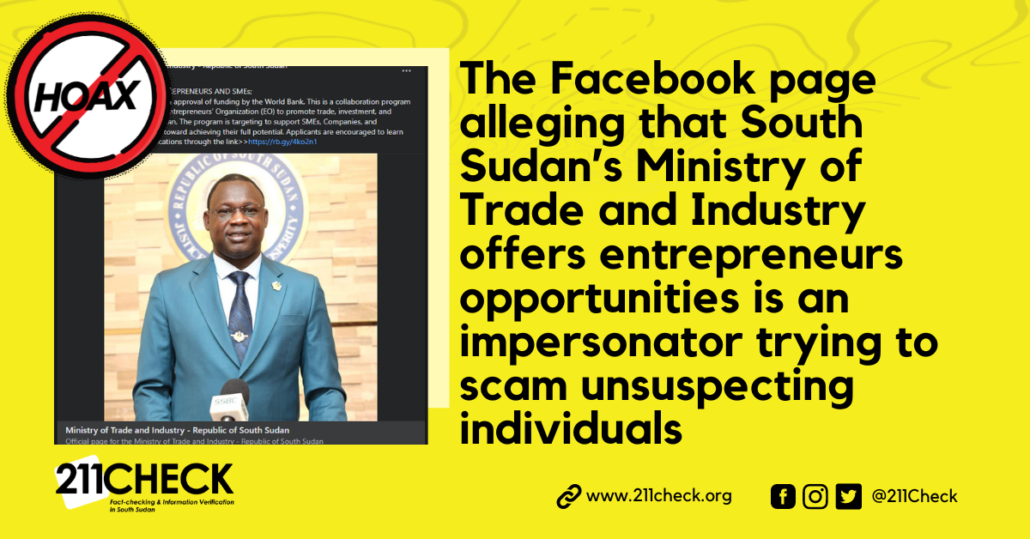
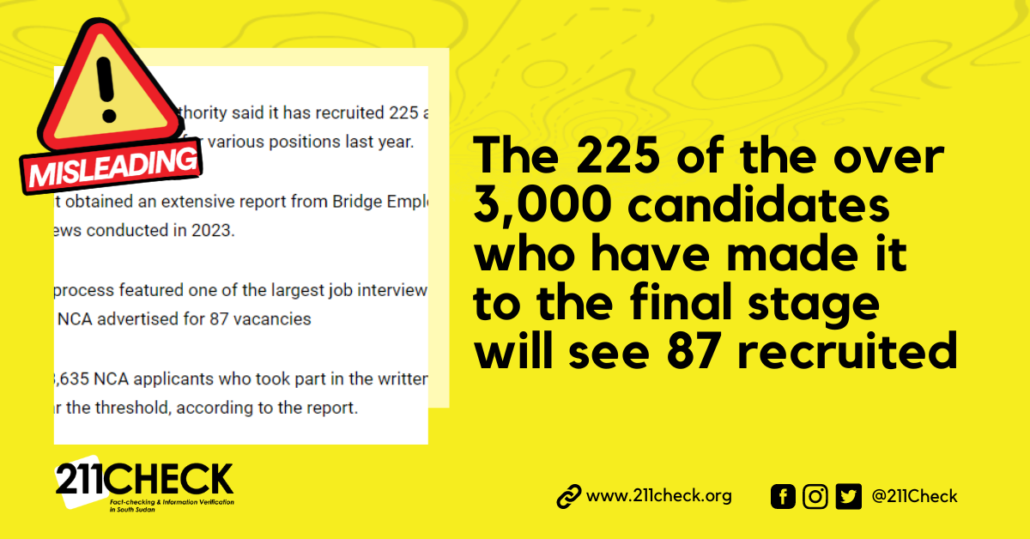 211 Check
211 Check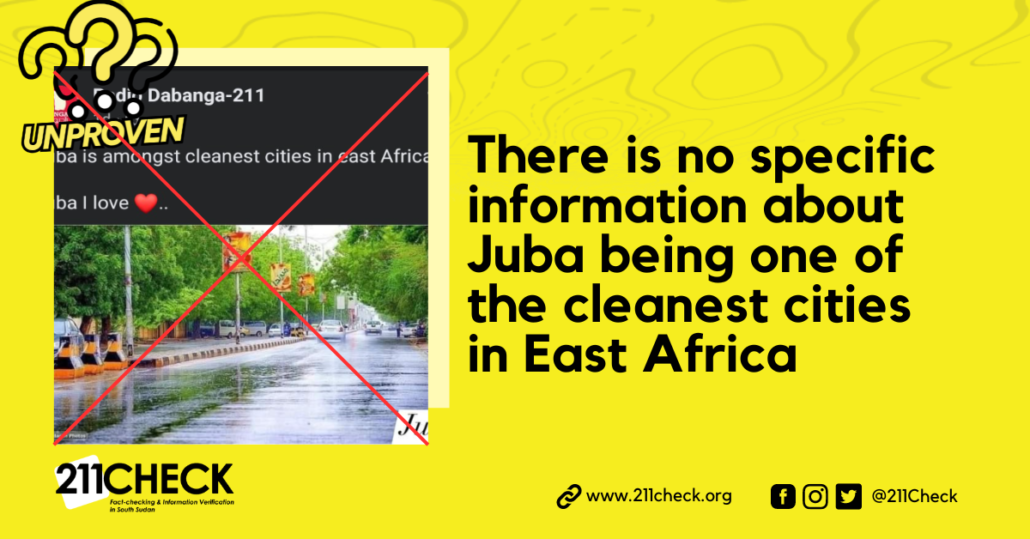
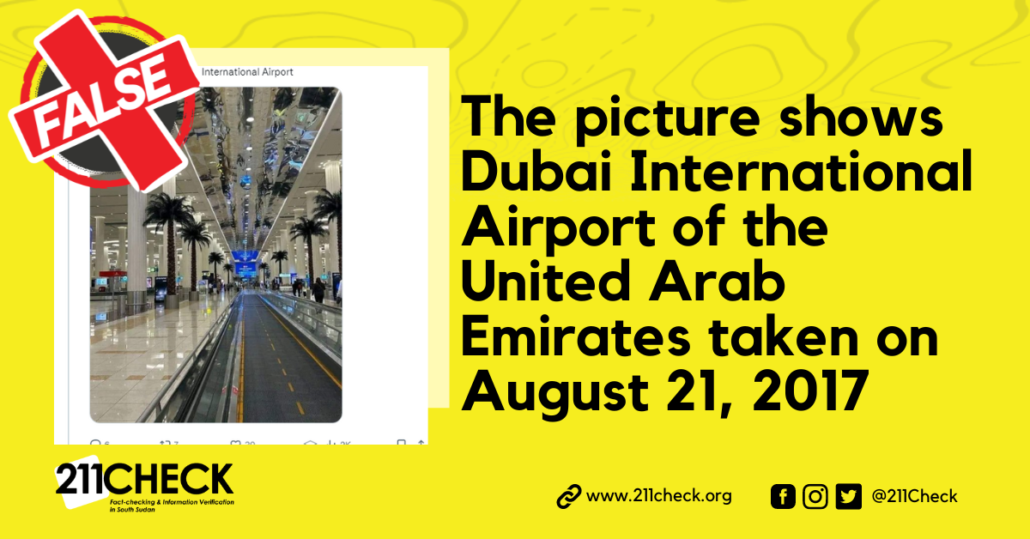 211 Check
211 Check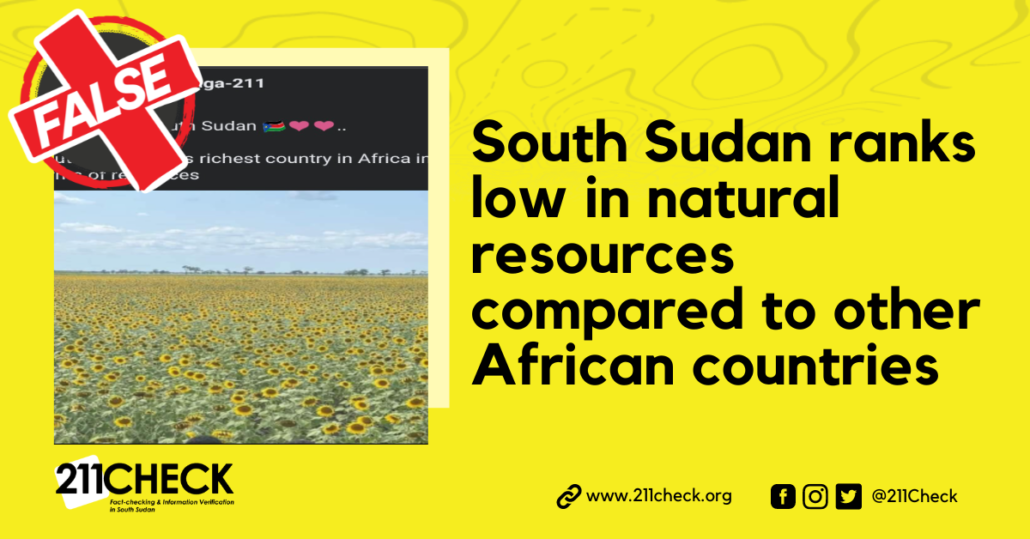 211 Check
211 Check